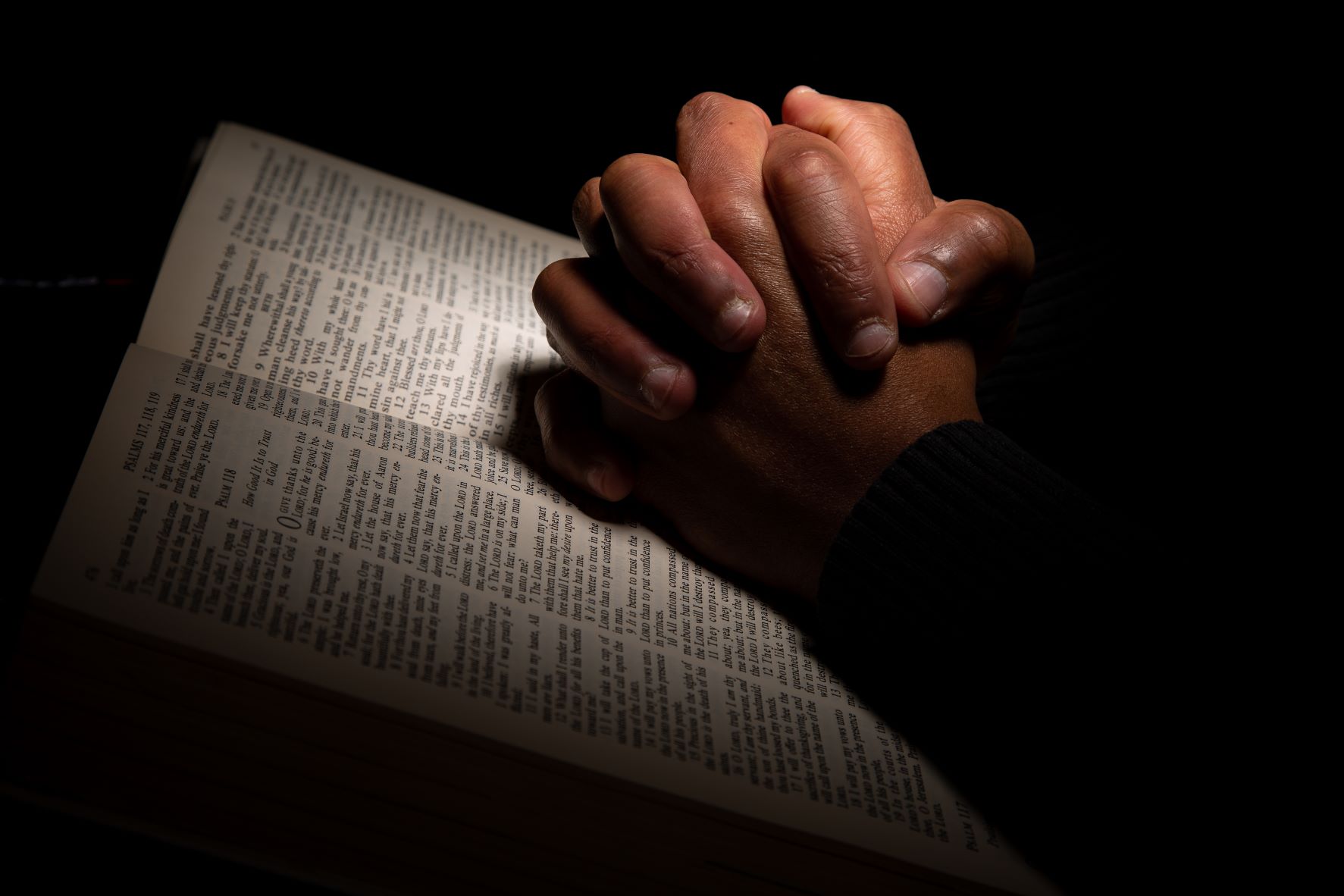We’ve all said it, haven’t we? Perhaps we heard someone share a dire emergency, or we heard of a tragic situation on the news.
We feel bad, and we want to do something or show we care in some way. But we struggle to find words of comfort, and we don’t quite know how to help.
So we turn to a phrase in Christianese that gives a vague gesture of compassion.
I’ll keep you in my prayers. It sounds spiritual and even useful since the victim of the tragedy at who we aim these words needs God’s comfort and help and is probably too overwhelmed to know what to pray.
If only we meant it.
For many, “I’ll keep you in my prayers” or “you’re in my thoughts and prayers” are up there with “bless your heart.” We want to sound sympathetic, and for a moment, we are, but we have little intention of carrying it through. It’s one thing to be a promise maker, it’s another to be a promise keeper.
If I sound accusatory, don’t worry. I’ve done it myself many times. Until the Holy Spirit convicted me about making promises and not keeping them:
“But above all, my brothers, do not swear, either by heaven or by earth or by any other oath, but let your “yes” be yes and your “no” be no, so that you may not fall under condemnation.” James 5:12
Heavy stuff. It essentially means that I can come under condemnation, i.e., accusation of sin, if I promise something I have no intention to keep.
So, when I airily say, “I’ll keep you in my prayers,” I am making a promise. If I have no intention of doing so, I shouldn’t say that.
But suppose I do mean it, and I am really concerned enough to pray? What does the phrase “I’ll keep you in my prayers” mean, then?
The Bible offers some insights into that matter. First of all, the Apostle Paul puts it forward as a command. To the church in Ephesus, he writes:
“Praying at all times in the Spirit, with all prayer and supplication. To that end, keep alert with all perseverance, making supplication for all the saints.” Ephesians 6:18
“Praying at all times” is the same as “keep praying.” In particular, “keep praying for all the saints.” You could paraphrase that by saying, “keep all the saints in your prayers.”
That is in line with what he says to the church in Thessaloniki:
“Pray without ceasing, give thanks in all circumstances, for this is the will of God for you in Christ Jesus.” 1 Thessalonians 5:17,18
Paul is never one to command something without setting an example to follow. So he says:
“I thank my God in all my remembrance of you, always in every prayer of mine for you all making my prayer with joy…And it is my prayer that your love may abound more and more, with knowledge and all discernment, so that you may approve what is excellent, and so be pure and blameless for the day of Christ, filled with the fruit of righteousness that comes through Jesus Christ, to the glory and praise of God.” Philippians 1:3,4,9-11
Some have a specific calling of intercession on their lives. God has called them to pray with detail and intensity over people and situations. But we can’t leave all the praying up to them. According to the Apostle Peter, we are all members of a “royal priesthood” (1 Peter 2:9). The function of a priest is to represent people before God, and the primary way we do that is through prayer.
So, when your promise someone to keep them in their prayers, you don your priestly mantle and get down to the business of including them in your regular prayers. Not just once, but until the crisis is over or until the Holy Spirit says “stop.” After all, we must learn to turn to Him to tell us what we should keep in our prayers since we don’t know(see Romans 8:26). And when we learn to pray Spirit-directed prayers we find that God has decreed to do mighty things through them.
Steadfastness is important to God. Keeping promises you make is important to God. Making prayer on behalf of others is important to God. Persisting in prayer until the answer has come is important to God.
For those reasons, the phrase “I’ll keep you in my prayers” holds great power as long as it is a promise we intend to keep. It far exceeds the effectiveness of anything else we can do to help as long as we do it. So the next time that phrase enters your mind in response to a crisis, embrace it as an opportunity to see mighty things happen and turn to the Word and the Spirit to make effective prayer. Draw strength from James 5:16-18:
“The prayer of a righteous person has great power as it is working. Elijah was a man with a nature like ours, and he prayed fervently that it might not rain, and for three years and six months it did not rain on the earth. Then he prayed again, and heaven gave rain, and the earth bore its fruit.”
The bottom line? Be a promise keeper, seize the opportunity to pray for miraculous intervention in the crisis you heard about and the people involved, and don’t let self-perceived human weakness stand in your way!





